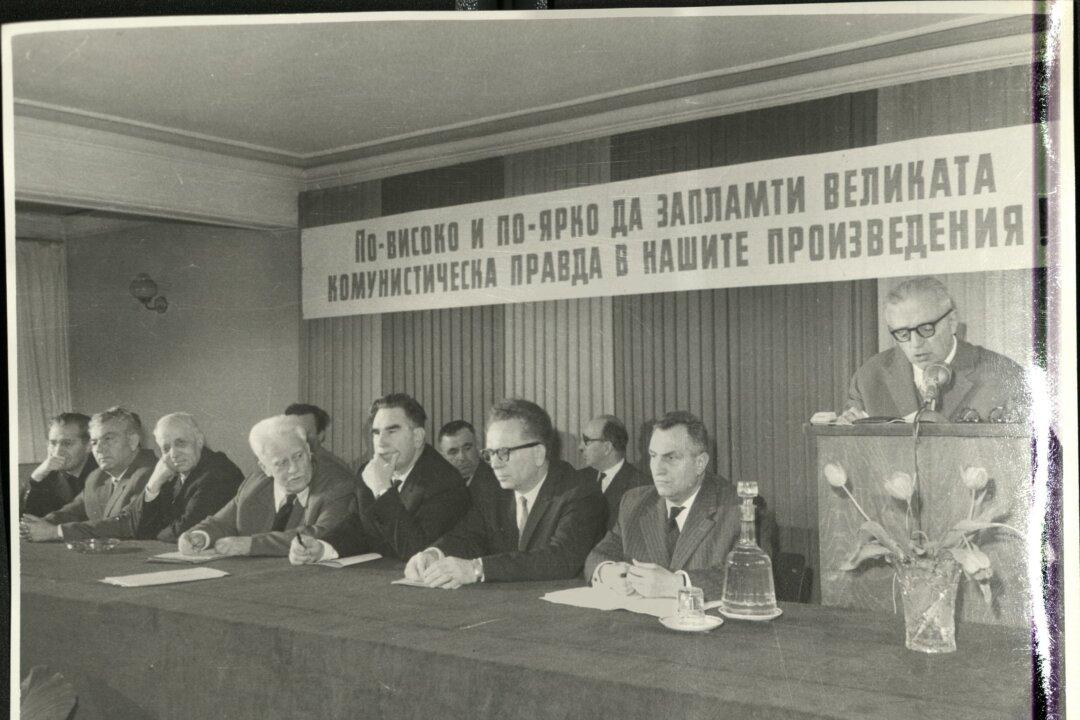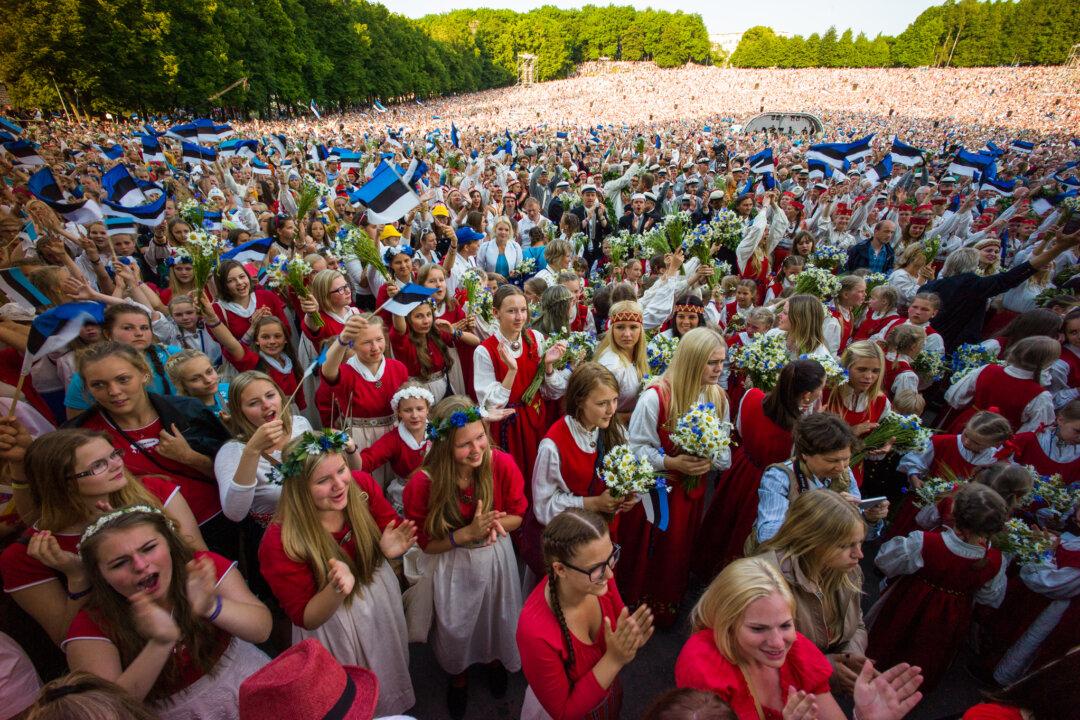After being subjected to fervent fighting, rape, and looting during an 18-month rebel insurgency, people in the eastern Democratic Republic of Congo (DRC) can take a breath of relief. Their tomentors, the Rwandan-backed M23 rebel group, was defeated earlier this month.
But this new hope, with the rebel group defeated, is only the beginning. The Congolese government, led by President Joseph Kabila, has a long and rocky process ahead to re-establish peace in a country that has been in wars for most of the past two decades—with an estimated 5.4 million people killed and 2 million displaced.
Fears linger that this period of peace will be short-lived. Other armed groups might fill the vacuum left by M23. Some analysts propose that the military victory against the M23 should be followed by other actions at community, provincial, national, and regional levels.
“The solution to the conflict in the DRC is political and not military,” Stean Tshiband, an independent Congolese researcher and peacekeeping expert, said via email.
The military’s victory over the M23 rebels on Nov. 5 came after several major military gains in recent months. Just last year the rebels had taken over the largest town in Eastern Congo, Goma, without much effort.
Mutinied warriors from the Congolese army established the M23 rebel group in 2012. The rebels raged against the DRC’s unkempt promises to reintegrate the former military from the National Congress for the Defense of the People, or CNDP, as part of the peace agreement of March 23, 2009.
Just a Step
“The surrender of the M23 rebels is just a step,” said Mariya Gabriel, member of the European Parliament and chief of the European Union Election Observation Mission in the DRC during the last presidential elections in 2011.
According to Gabriel the first thing to do will be to define what alternatives will be offered to those who surrender their arms.
Disarmament is planned not only of M23, but also of the Democratic Forces for the Liberation of Rwanda (FDLR) and the rest of the military groups. There are more than 30 armed groups in DRC, according to the humanitarian aid organization Oxfam.
Gabriel said, disarmament can happen when there is an alternative for making a living outside the army; that is, if the government can regain control over the rich natural resources, currently operated by militia groups.
Congo is very rich in tin, tungsten, tantalum, and other raw resources, with the most popular being gold. Every year 12 tons of gold, costing $500 million have been smuggled under the control of M23, according to a report by the Enough Project. The DRC’s illegally exported gold covers 80 percent of the global demand.
Little Faith in Peace
As for civilians, the process of re-establishing peace will probably feel long and uncertain. Every moment of peace is like a breath of fresh air for the Congolese, Gabriel said.
“They almost don’t have faith that this conflict, which continues for decades, can be comforted,” said the member of the EU Parliament.
“That is why they need to take part in the decision making process, they have to be included in the discussion about control over resources, and emphasis needs to be put on civil education where people from different ethnicities and groups in Congo can learn to live together. This is a long process.”
External Influence
After the defeat of M23, an estimated 1,400 rebels fled to Uganda and 100 more to Rwanda, while 300 have surrendered to the United Nations army of MONUSCO.
Nearly 100 rebel commanders may face prosecution. Congolese authorities said they would not reintegrate those who committed crimes against civilians. One of them is Sultani Makenga, a founder of M23, currently held in Uganda.
But Uganda is refusing to hand over the M23 rebels to DRC, which adds fuel to the fire of mistrust between the two countries. The U.N. has accused Uganda and neighboring Rwanda of supporting the rebels—an allegation, which both countries deny. And although Rwanda handed the second founder of M23, Bosco Ntaganda, to the International Criminal Court last March, Rwanda is still perceived as an enemy by the Congolese people.
After the rebels surrendered, a quick attempt at securing peace was made. A peace agreement was supposed to be signed between DRC and M23 in Uganda’s capital of Kampala on Nov. 11. At the last moment, the DRC government withdrew from the talks, saying it cannot sign an agreement with an illegal and nonexisting entity.
“There is no way the Congolese government should be signing any agreement with the M23. They are a spent force,” said Kambale Musavuli, spokesman of an advocacy organization based in Washington, D.C., Friends of the Congo.
“This is an imposition on the weak inept Congolese government by outside forces,” he added.
According to Musavuli, the real threat to Congo’s stability lies not in the armed groups themselves, but rather in the external forces that are supporting them.
He suggests signing a pact where Rwanda and Uganda must be pressured to immediately and permanently stop their 17-year war of aggression against the Congo. At the same time the Congolese people must establish a legitimate democratic government whereby they can determine and control their own affairs.
“When we have these conditions, we will know that we are on the path to peace, stability and human dignity,” wrote Musavuli.





